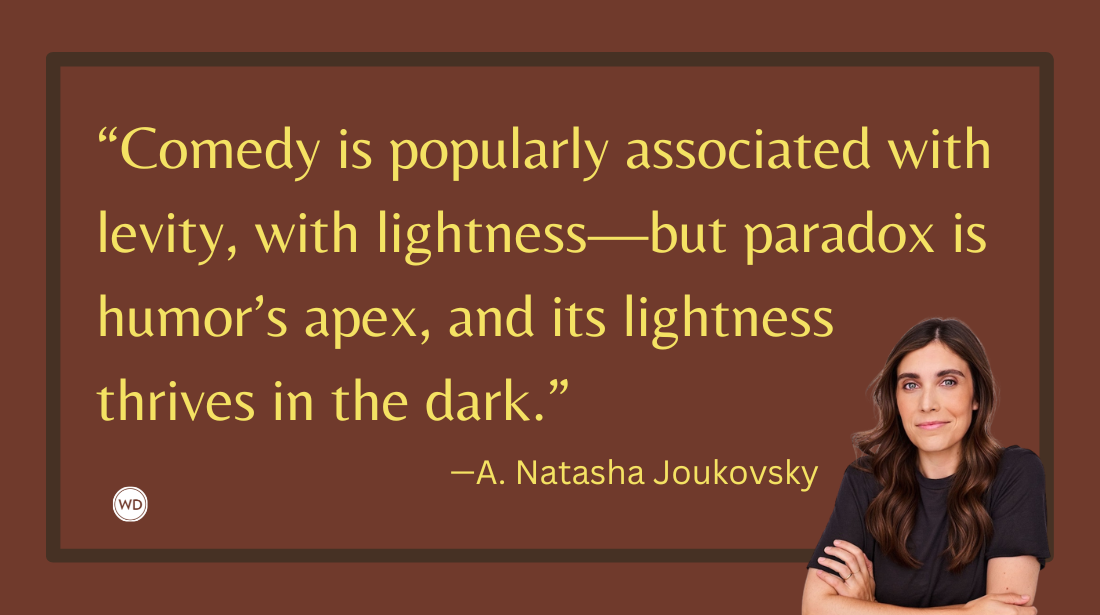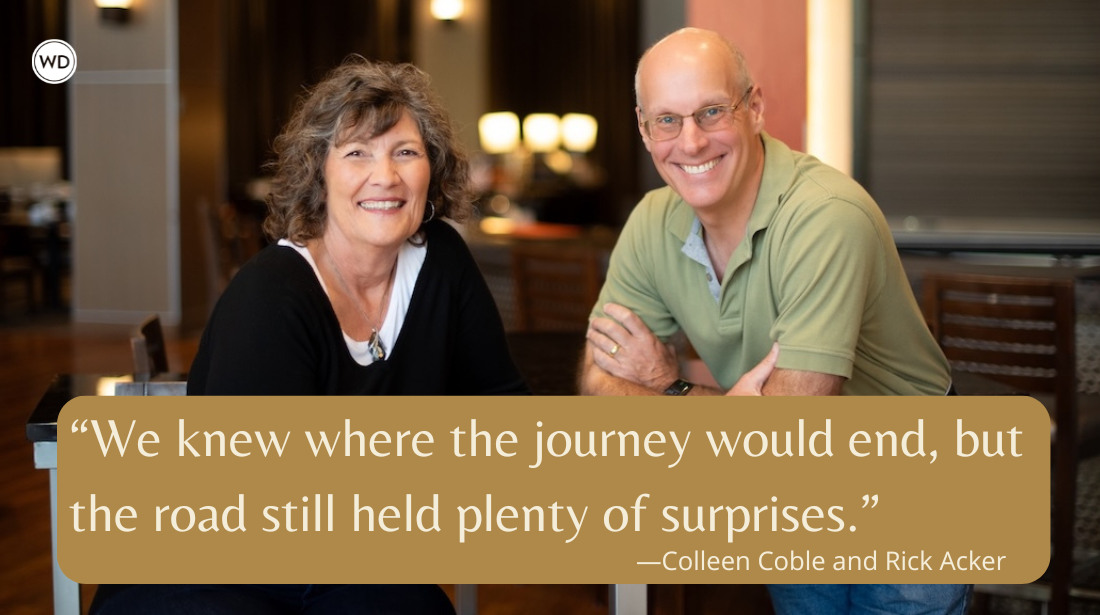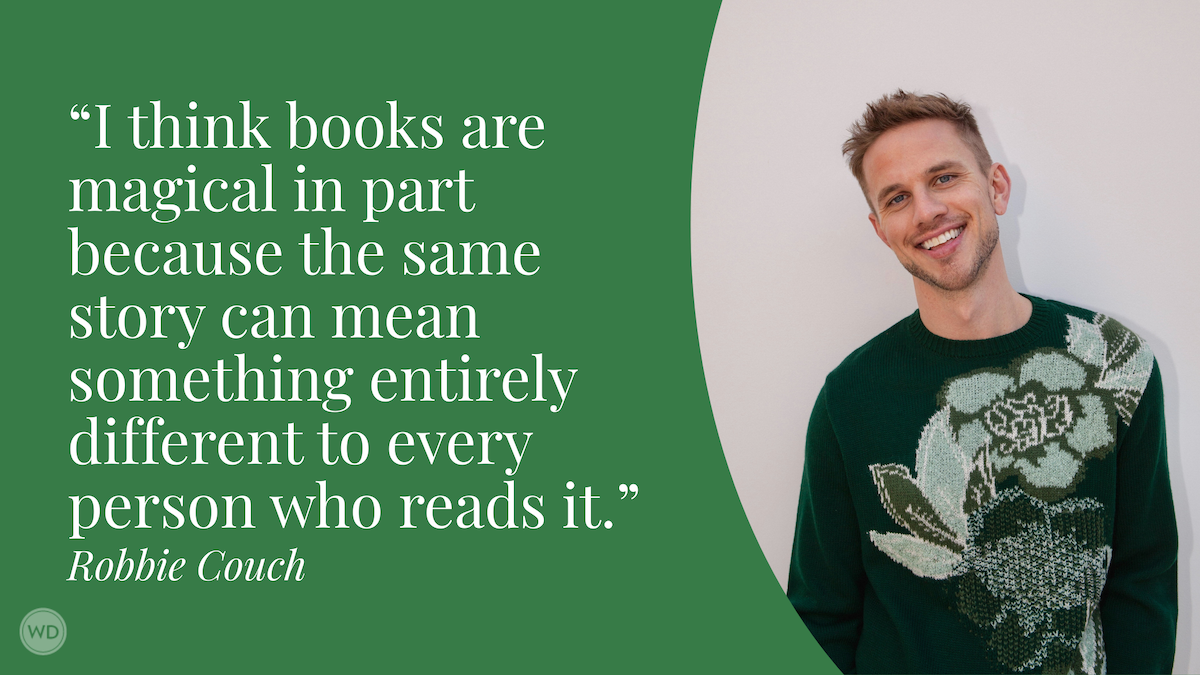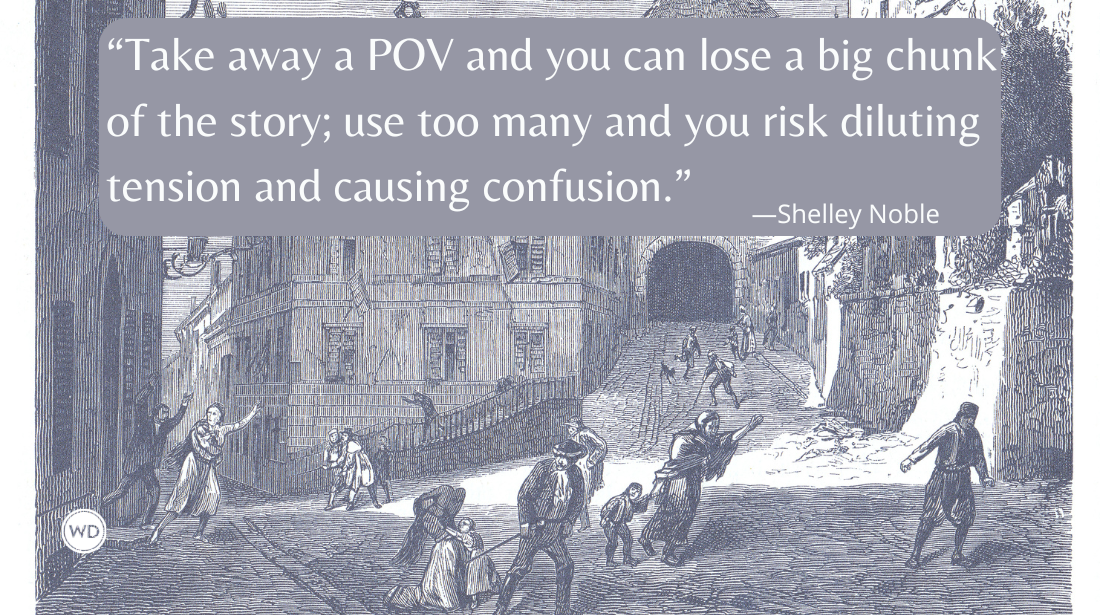Tanya Pell: On the Many Genres of Gothic Storytelling
In this interview, author Tanya Pell discusses writing about the dichotomy of womanhood in her new novel, Her Wicked Roots.
Tanya Pell is a narcoleptic horror author who drinks bougie coffee and lives in the American South. She is the author of Cicada and several short stories featured in anthologies like Mother Knows Best and OBSOLESCENCE. Follow her on Bluesky and Instagram.
In this interview, Tanya discusses writing about the dichotomy of womanhood in her new novel, Her Wicked Roots, her advice for other writers, and more.
Name: Tanya Pell
Literary agent: Marcy Posner @ Folio Literary Management
Book title: Her Wicked Roots
Publisher: Gallery Books
Release date: October 7, 2025
Genre/category: Gothic horror
Previous titles: Cicada
Elevator pitch: A young woman searching for her brother finds herself lured to an isolated manor and its lush gardens run by an enigmatic botanist and her peculiar daughters. But pretty flowers can be deadly and there may be more than just secrets buried on the grounds of the estate.
What prompted you to write this book?
I used to teach high school English and "Rappaccini's Daughter" was part of my Gothic curriculum. I've always loved the story, and I saw a post suggesting the need for a Gothic novel based on the story. Probably a day or so later I read an old skipping rhyme about deadly nightshade and men taking advantage of girls. It was one of those lighting moments authors get. I saw Lady Evangeline and her daughters so clearly. It had to be a mother instead of a father like the original story. Poison is, traditionally, a woman's weapon. But words and manipulations can be just as deadly, and what more toxic relationship than mother/daughter? I suddenly knew exactly how the story would unfold from beginning to end, and the words poured out.
How long did it take to go from idea to publication? And did the idea change during the process?
I started writing Her Wicked Roots in 2022 and went out on submission in 2023, but my first agent went on maternity leave, so it sat around in inboxes. When she returned, I sold Cicada and Her Wicked Roots continued to wait its turn. January 3rd of 2024, my agent quit the industry, which pulled Her Wicked Roots from submission. Luck would have it that Jess Macy (literary associate) saw my lament about being back in the query trenches and sent me a DM asking for the manuscript. I had a call with her and Marcy Posner—my current agent—three days later.
Of course, it has already been on submission, and when that happens, you have to make adjustments. Marcy, Jess, and I looked at the spreadsheet and decided to give the book a facelift. I already had a new title in mind, and we aged up the characters to sit more firmly in the NA/adult space. I was also more interested in pushing the book as Gothic horror, and they both agreed. We spent a month tweaking it, put it out on sub, and the first offers came in exactly two months later.
Were there any surprises or learning moments in the publishing process for this title?
It was a learning curve, and I was asking my agent, editor, and author friends questions all the time. I still am. I am constantly asking someone what I should be doing. I'm a recovering honor student, and it shows.
Plus, I had been writing strictly in the horror space. My short stories are dark and my novella is a comedy horror! But here was my queer, Gothic garden book that could comfortably slip between genres. She wasn't all one thing, but a little of many things. Gothic is not exclusive to horror, but often contains elements of fantasy and romance, and even mystery. Pitching Her Wicked Roots meant emphasizing I was writing under a larger umbrella. So, it's been great to see early readers and influencers in the romantasy sphere just as excited as the Goth girlies and the horror fans.
Were there any surprises in the writing process for this book?
There is a discovery process along the way. Somewhere in the second draft, I started looking at certain characters and considering their mythology. What was their story before Edenfield and the events in Her Wicked Roots? Thinking about their origin stories definitely changed a few key points in the book. There were more than a few moments of, "Oh? OH!"
What do you hope readers will get out of your book?
Her Wicked Roots is not just a love letter to Gothicism, but a reminder of what it means to be young, naive, and hopeful. When you take those first "big girl" steps into the world, you're so sure that you've done most of your growing already. I wanted readers to follow Cordi on her journey from a black and white world into color and see her wrestle with her confidence; to watch her learn that people contain multitudes. This is, in a lot of ways, a story about the dichotomy of womanhood. Before she arrives at Edenfield, Cordi is under the impression that people are either good or bad, and she even struggles to see herself as nuanced. I think a lot of us struggled with this almost Disneyfication of the world as we moved through our 20s. I want readers to love and engage with the story, but I also hope they recall what it felt like to have their view of the world challenged for the first time. To remember what that growth and change felt like and to consider the paradox of being a woman.
If you could share one piece of advice with other writers, what would it be?
Always shoot your shot. Write the story you always dreamed of writing and don't worry about trends. Hang out at the end of the signing line and ask your favorite author if you can buy them a drink and pick their brain. Send them a DM or email with your questions! This actually works, I promise. I think I have a 100 percent success rate. Ask for things because the worst thing you will probably hear is, "No." Take the shot anyway.









